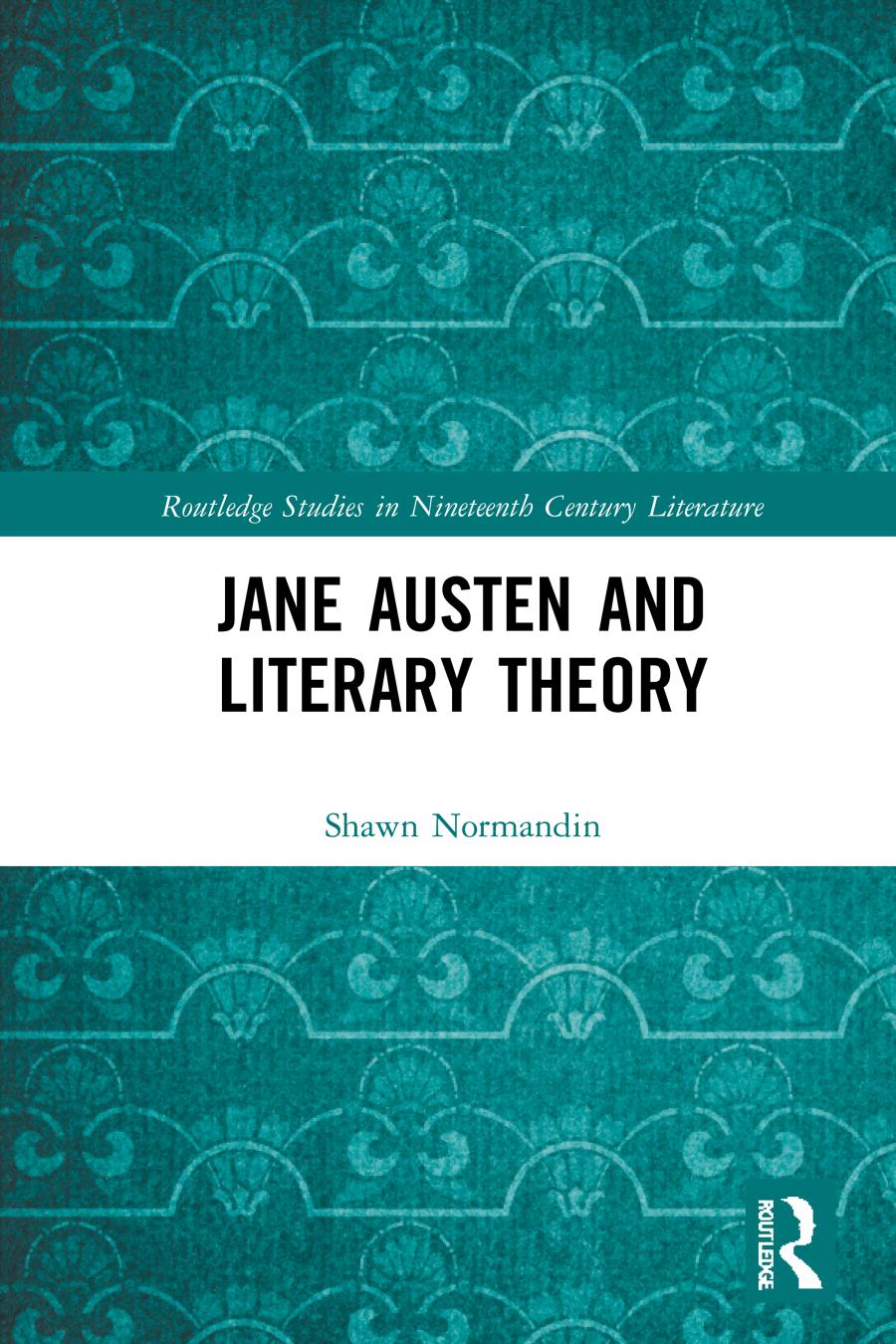

Most ebook files are in PDF format, so you can easily read them using various software such as Foxit Reader or directly on the Google Chrome browser.
Some ebook files are released by publishers in other formats such as .awz, .mobi, .epub, .fb2, etc. You may need to install specific software to read these formats on mobile/PC, such as Calibre.
Please read the tutorial at this link: https://ebookbell.com/faq
We offer FREE conversion to the popular formats you request; however, this may take some time. Therefore, right after payment, please email us, and we will try to provide the service as quickly as possible.
For some exceptional file formats or broken links (if any), please refrain from opening any disputes. Instead, email us first, and we will try to assist within a maximum of 6 hours.
EbookBell Team

4.7
56 reviewsJane Austen was one of the most adventurous thinkers of the late eighteenth and early nineteenth centuries, but one would probably never guess that by reading her critics. Perhaps no canonical author in English literature has proven, until now, more resistant to theory. Tracing the political motives for this resistance, Jane Austen and Literary Theory proceeds to counteract it. The book’s detailed interpretations guide readers through some of the important intellectual achievements of Austen’s career―from the stunning teenage parodies "Evelyn" and "The History of England" to her most accomplished novels, Pride and Prejudice, Mansfield Park, and Emma. While criticism has largely been content to describe the various ways Austen was a product of her time, Jane Austen and Literary Theory reveals how she anticipated the ideas of formidable literary thinkers of the twentieth century, especially Jacques Derrida and Paul de Man. Gift and exchange, speech and writing, symbol and allegory, stable irony and Romantic irony―these are just a few of the binary oppositions her dazzling texts deconstruct. Although her novels are major achievements of nineteenth-century realism, critics have hitherto underestimated their rhetorical cunning and their fascination with the materiality of language. Doing justice to Austen’s language requires critical methods as ruthless as her irony, and Jane Austen and Literary Theory supplies these methods. This book will enable both her devotees and her detractors to appreciate her genius in unusual ways.